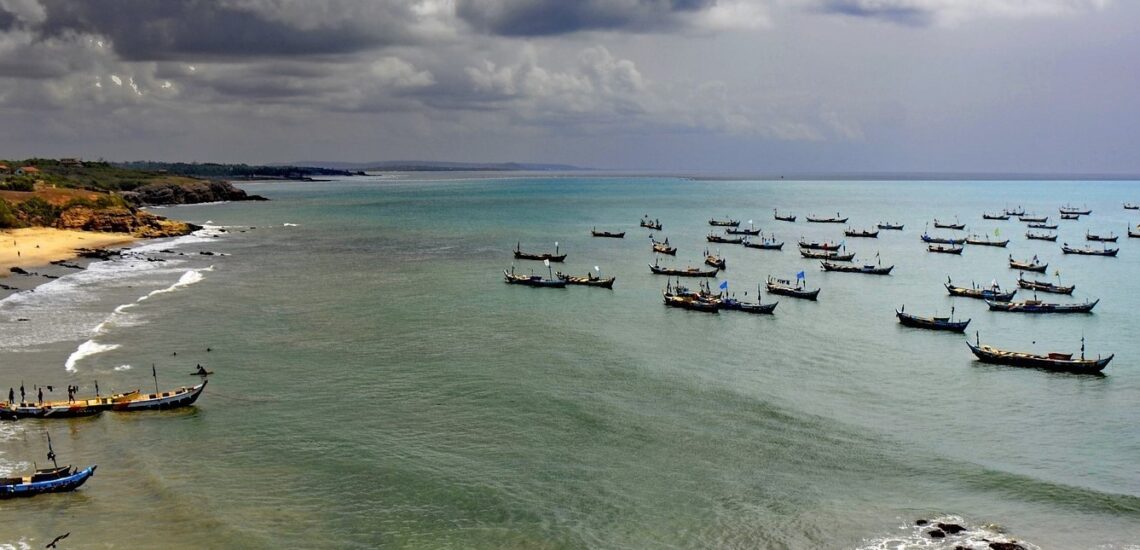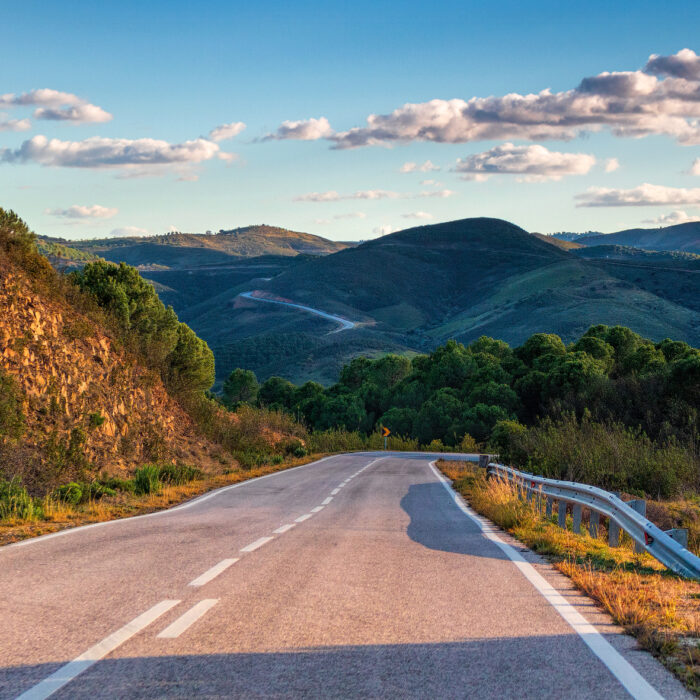Quick facts about Ghana:
- Population: Ghana has a population of over 31 million people.
- Official Languages: English is the official language of Ghana.
- Capital: Accra is the capital city of Ghana.
- Government: Ghana operates as a republic with a multi-party political system.
- Currency: The official currency of Ghana is the Ghanaian Cedi (GHS).
1 Fact: Ghana is known for its largest man-made lake
Ghana is renowned for hosting the largest man-made lake in the world. Lake Volta, created by the Akosombo Dam on the Volta River, stands as a significant hydroelectric project and a vast reservoir that spans across the country. This impressive feat of engineering not only contributes to Ghana’s energy needs but also adds a distinctive geographical feature to its landscape.
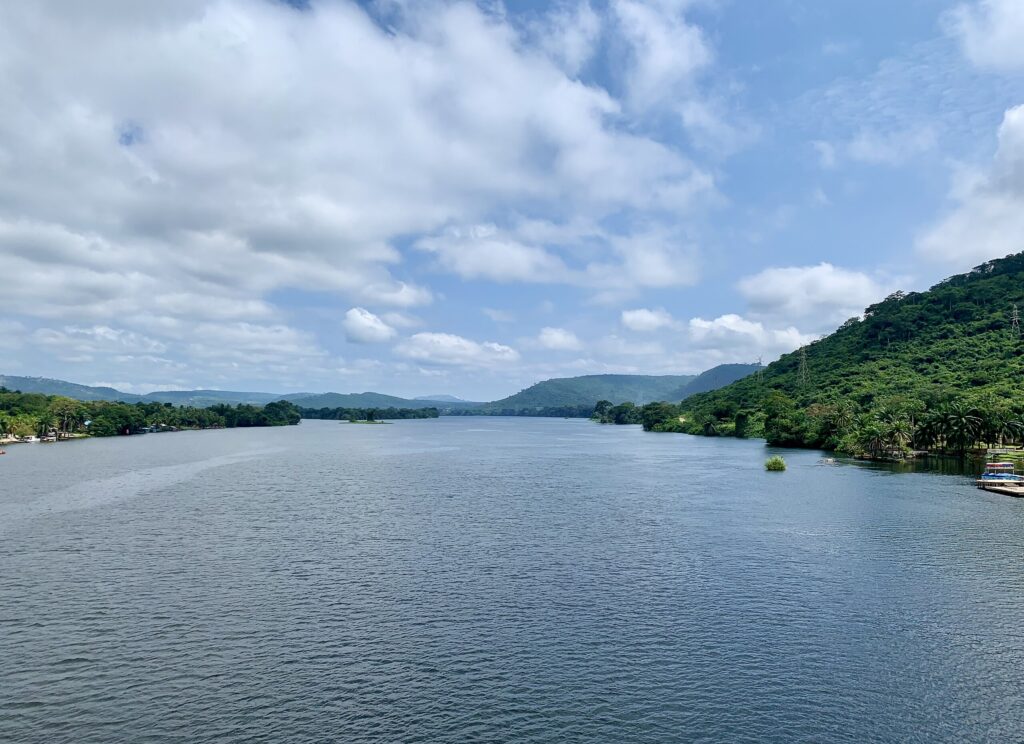
2 Fact: The name of the country has a translation
The name of Ghana holds significance as it translates to “Warrior King” in the Soninke language. This translation reflects the country’s historical and cultural heritage, emphasizing strength and resilience. Ghana’s name pays homage to the ancient Ghana Empire and embodies a sense of pride in its rich history.
3 Fact: There are hundreds of dialects in Ghana
Ghana boasts a remarkable linguistic diversity with over 250 ethnic groups, each contributing to the hundreds of dialects spoken across the country. While English serves as the official language, the multitude of local languages underscores Ghana’s cultural richness and the coexistence of diverse ethnic identities.
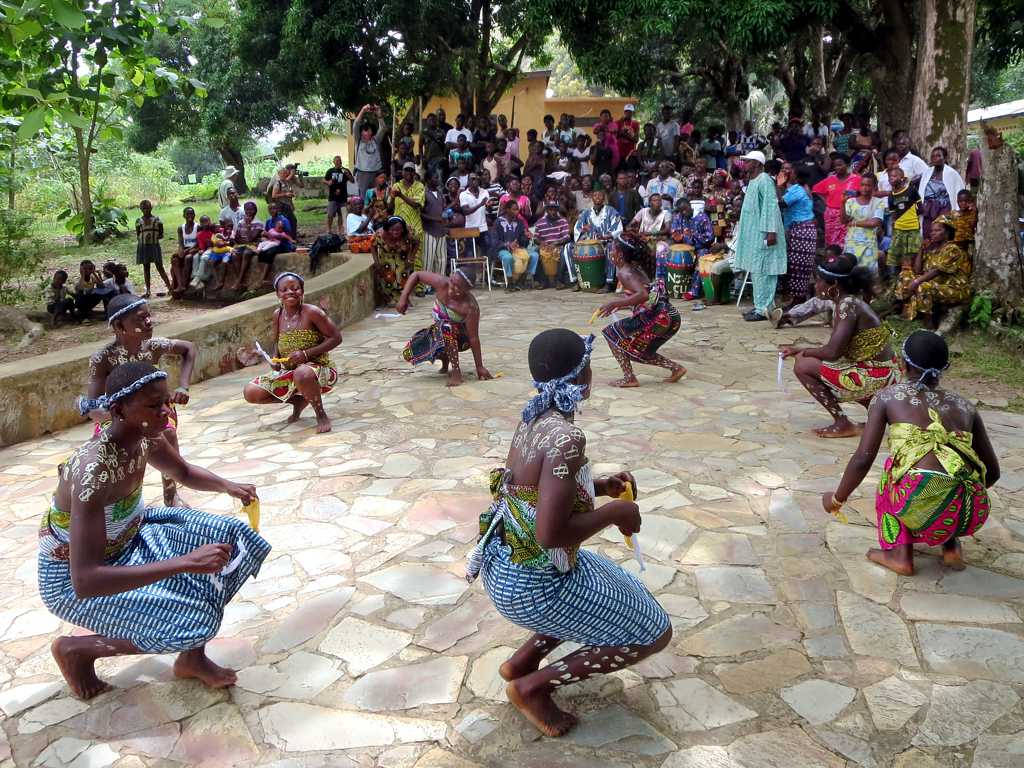
4 Fact: Drumming and dancing is an important part of the people of Ghana
In Ghana, drumming and dancing play a crucial role in daily life. These dynamic art forms are not just performances but integral expressions of social, religious, and ceremonial events. Traditional drums, with their rhythmic beats, and the energetic dance movements convey stories, celebrate rituals, and foster community bonds.
5 Fact: The only natural lake of meteoric origin
The only natural lake in Ghana formed by meteoric origin is Lake Bosumtwi. Situated in the Ashanti Region, Lake Bosumtwi is a crater lake that was created by a meteorite impact over a million years ago. This scenic lake is not only a geological wonder but also holds cultural significance for the local Ashanti people, who consider it a sacred site.
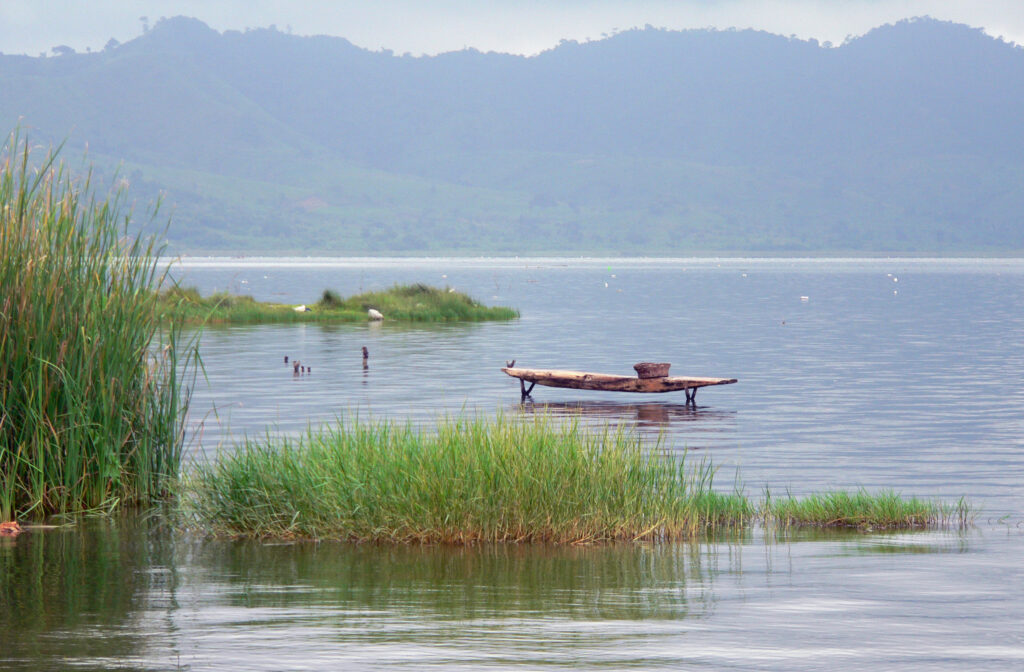
6 Fact: Ghana has 6 national parks and rich nature
Ghana is home to six national parks, each preserving a distinct facet of the country’s natural beauty. Mole National Park, the largest, is known for its savannah and diverse wildlife. Kakum National Park features a unique canopy walkway in its tropical rainforest. The coastal landscapes are protected in Bia National Park, while Bui National Park encompasses riverine habitats. Digya National Park is recognized for its avian diversity, and Kyabobo National Park showcases the rugged terrain of the Akwapim-Togo mountain range. Together, these national parks contribute to Ghana’s rich biodiversity and make it a compelling destination for nature lovers.
7 Fact: The majority of transportation is carried out on roads
In Ghana, despite the presence of railroads, the majority of both freight and passenger transportation, exceeding 90%, is conducted by road. This reliance on road transport is influenced by factors such as the flexibility of road networks, accessibility, and the distribution of population centers. While efforts have been made to improve and modernize the railway system, the road remains the primary mode of transportation for the majority of Ghanaians and the movement of goods across the country.
Note: If you plan to visit Ghana, find out if you need an International Driver’s License to drive in Ghana.
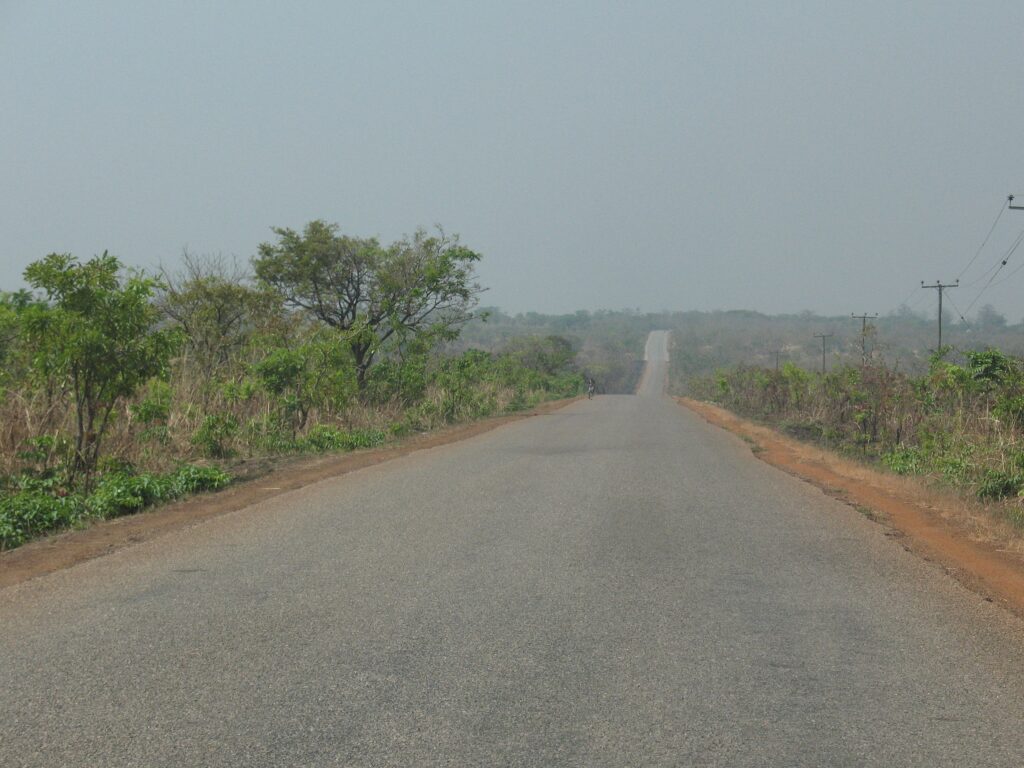
8 Fact: Ghana is a major producer of cocoa and gold
Ghana is a leading global producer of cocoa, contributing about 20% of the world’s supply. In terms of gold, Ghana is the largest gold producer in Africa and ranks among the top 10 globally, with an annual output exceeding 100 metric tons. These industries play a crucial role in Ghana’s economy, with cocoa and gold being major contributors to the country’s export revenue and economic development.
9 Fact: Ghana’s average age is young
Ghana has a notably young population, with an average age that reflects the country’s demographic dynamics. The median age in Ghana was around 21 years, indicating a predominantly youthful population. This demographic characteristic can have implications for various aspects of society, including education, workforce, and social development.
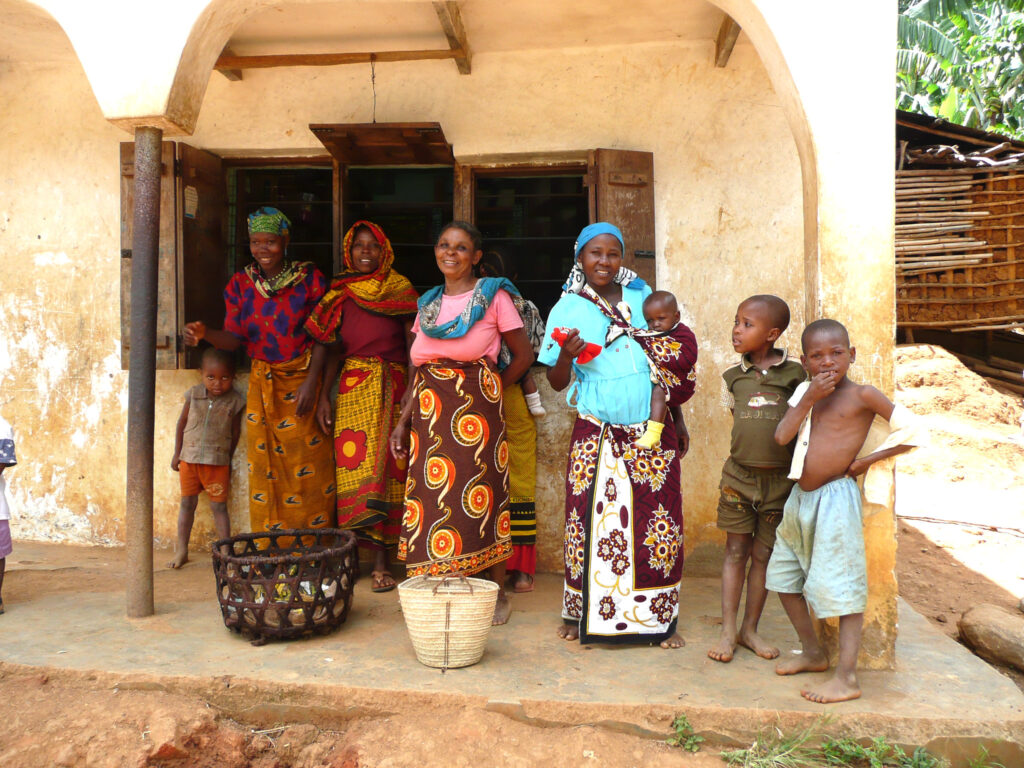
10 Fact: Ghanaians are very polite and mannerly
Hospitality is a significant cultural value in Ghana, and people generally exhibit friendliness and respect in their interactions. Greetings are important, and there is a cultural emphasis on showing courtesy and consideration to others. This politeness is deeply rooted in Ghanaian society, reflecting the country’s rich cultural traditions and the importance placed on community and interpersonal relationships.

Published December 24, 2023 • 7m to read

